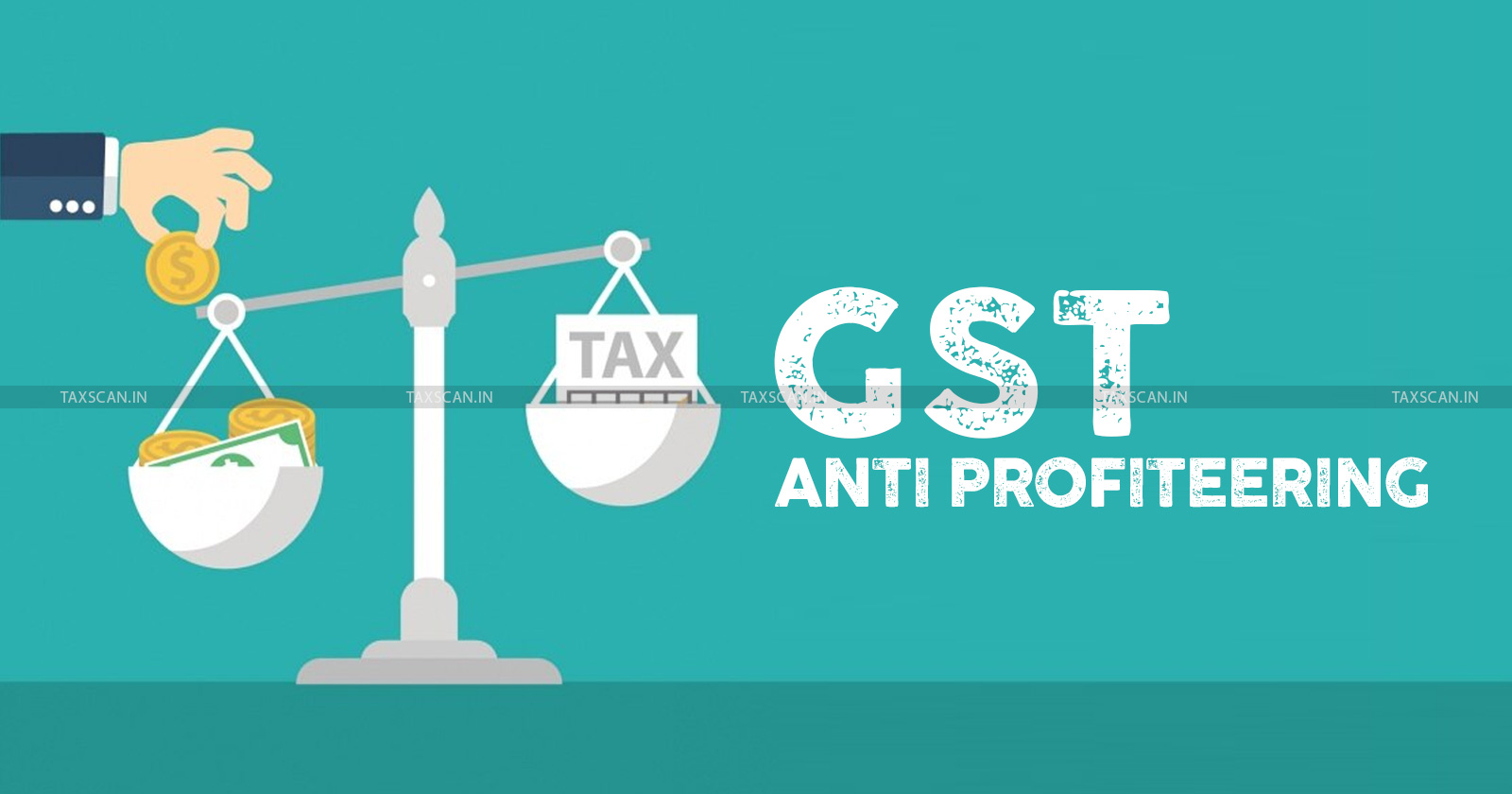GST Anti-Profiteering Provision under Challenge: Supreme Court issues Notice to CBIC, NAA and GST Council
This case follows a previous notice issued by the apex court in February on a similar matter involving the Union government

The Supreme Court has issued notices to various entities, including the central government, the Central Board of Indirect Taxes and Customs ( CBIC ), the Goods and Services ( GST ) Council, and the National Anti-Profiteering Authority ( NAA ), which now operates under the purview of the Competition Commission of India, in a challenge to the constitutional Validity of Anti-Profiteering Provisions.
This action stems from a petition filed by Swati Realty challenging a Delhi High Court decision that upheld the constitutional validity of anti-profiteering provisions. The petition argues that the high court overlooked the fact that these provisions within the GST framework are unconstitutional.
This case follows a previous notice issued by the apex court in February on a similar matter involving the Union government.
Read More: Constitutional Validity of GST Anti Profiteering Provisions: Supreme Court issues Notice to Centre
Abhsishek Rastogi, founder of Rastogi Chambers and the representative for the real estate company in the Supreme Court, pointed out that the Delhi HC agreed with the real estate companies' argument that the methodology used by the NAA is flawed.
This discrepancy arose as the real estate sector does not have a direct correlation between turnover and the input tax credit ( ITC ) availed during a specific period. Given this observation by the high court, Rastogi emphasized the importance of the apex court determining the constitutional validity for real estate players.
The NAA, established in November 2017, aims to ensure that companies pass on the benefits of ITC and GST reductions to consumers through price reductions. Meanwhile, the Competition Commission of India has been handling profiteering complaints since December 2022.
The Delhi High Court, in a separate ruling, upheld the constitutional validity of anti-profiteering provisions in January. Over 100 companies, including notable names like Hindustan Unilever, Patanjali, Jubilant Foodworks, and Phillips, had challenged these provisions in the high court.
The Delhi High Court's decision supported the idea of proportional price reductions when GST rates decrease or due to ITC, deeming these provisions as serving public interest and within the legislative framework provided by the Constitution.
Support our journalism by subscribing to Taxscan premium. Follow us on Telegram for quick updates


